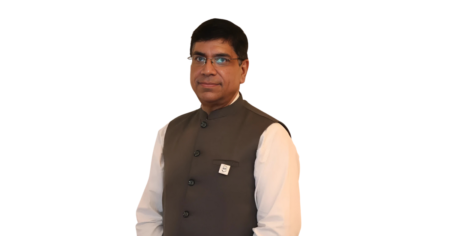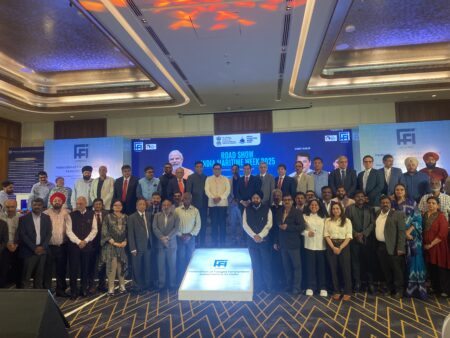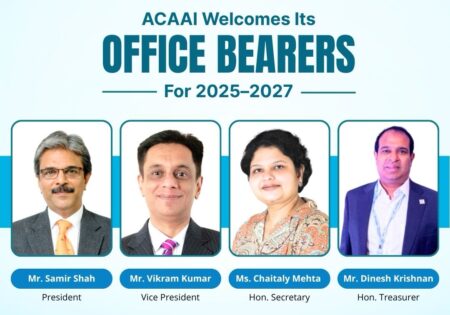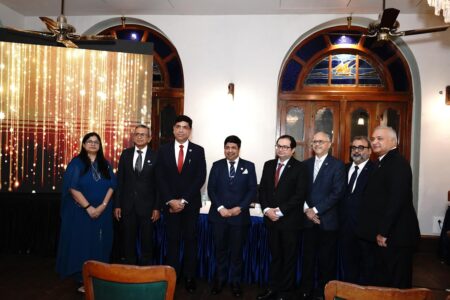The cargo and logistics division of Etihad Airways, Etihad Cargo, has received an advanced rating from the International Air Cargo Association (TIACA) for a critical criterion in a review of the BlueSky Sustainability Verification Programme.
The first airline from the Middle East to join the project that evaluates the sustainability performance of air freight carriers was the UAE flag-carrier, based in Abu Dhabi. Independent validators evaluated the goods carrier’s sustainability programmes in accordance with eight main objectives after Etihad Cargo completed an evidence-based desktop verification process.
These eight goals, which include 30 distinct acts the air cargo business is supposed to prioritise, can be divided into three key themes: environment, society, and culture and leadership. As a result of its investments in and use of sustainable aviation fuel (SAF), modernization of its aerial fleets and ground vehicles to reduce carbon emissions, decrease in energy consumption across all of its operations, and optimisation of fleet utilisation, Etihad Cargo received an advanced rating in relation to the decarbonization objective. Etihad Cargo performed exceptionally well in the field of relationships as well. Through partnerships and industry cooperation, the carrier has achieved substantial progress in its decarbonization strategy, moving closer to fulfilling its commitment to reach net-zero carbon emissions by 2050, it claimed.
Finally, Etihad Cargo’s rankings in other categories, such as waste management, supporting economies, livelihood and social well-being, efficiency, and workforce, show that it is making “significant progress” towards fulfilling its sustainability goals, according to the carrier.
Martin Drew, the company’s senior vice president for worldwide sales and cargo, said: “The assessment results Etihad Cargo has achieved are a great achievement.” However, “there is still more to be done if the sector is to meet its net-zero targets by 2050, even though the air cargo business is going in the right direction.
The goods carrier receiving an advanced rating in the crucial area of decarbonization, according to TIACA director general Glyn Hughes, is “a testament to the strategic focus and successful execution of a number of programmes and initiatives designed to reduce the impact on the environment while continuing to serve global air cargo markets.” The BlueSky assessment process is expected to be undertaken every two years.











